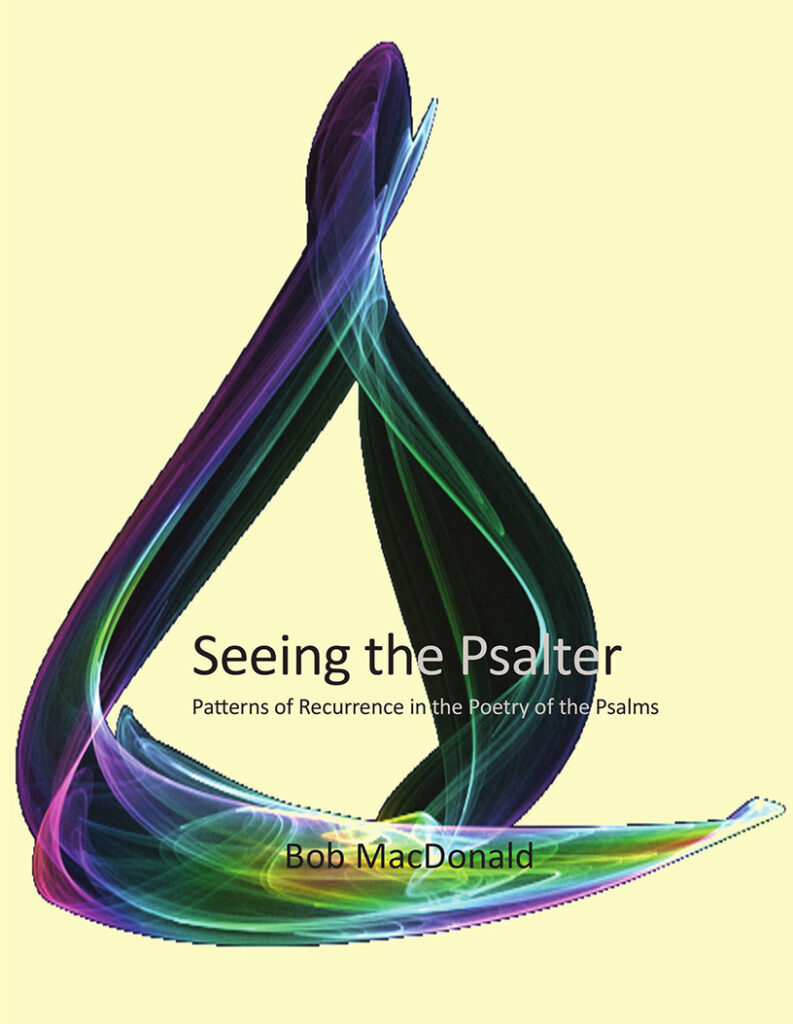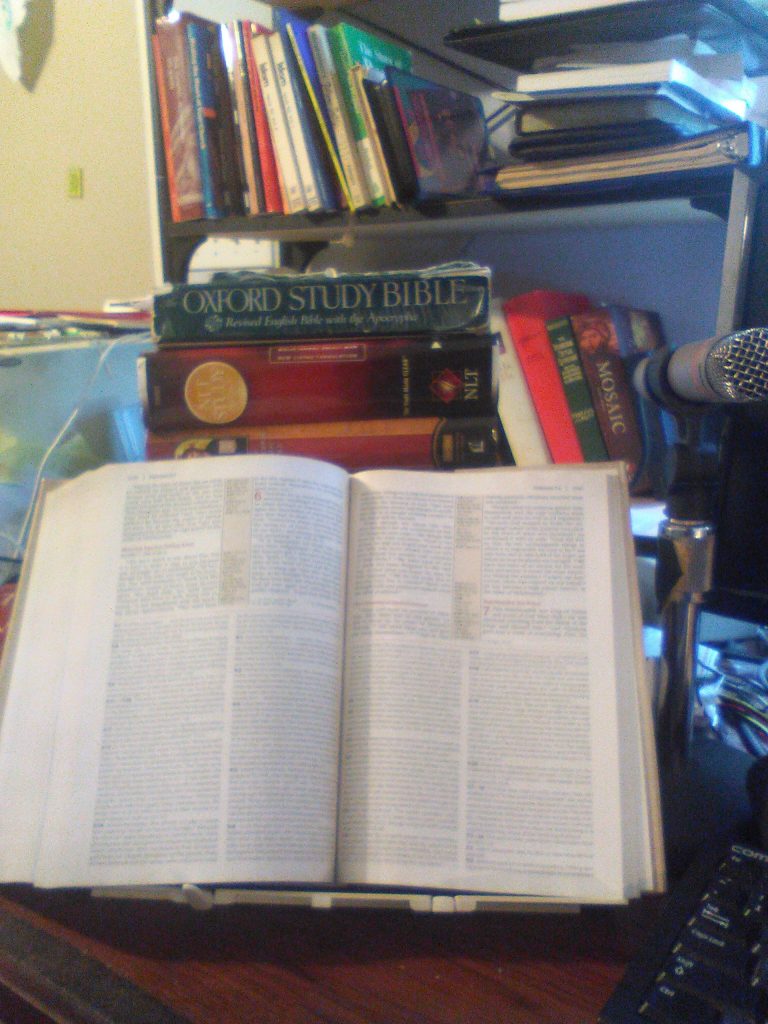Psalm 119:118 – Deceit
You disdain all those who stray from your statutes,
for in falsehood is their deceit.
I spent most of my time thinking about translation issues today, because this verse is rather difficult. You’ll notice the second line, which could be literally translated, “for lying is their lie.” Let’s look at some other solutions.
You reject all who stray from your statutes,
REB
for their whole talk is malice and lies.
You spurn all who go astray from your statutes;
NRSV
for their cunning is in vain.
You treat with contempt all those who revolt against your statutes,
LXX (my translation)
because their thoughts are crooked.
Suspended have you all who stray from your statutes
Bob MacDonald, Seeing the Psalter, p. 386
for falsehood is their deceit
Bob provides the following note: “118 suspended, סלה (slh) the same letters as in the untranslatable pause or suspense in a psalm, and used of wisdom suspending in the balance, weighing (Job 28:16).” This is quite a good explanation and a real possibility for the first line. “Falsehood is their deceit,” remains a bit difficult still.
Mitchell Dahood, well known for creative reconstructions of the text, translates:
Make a mound of all who stray from your precepts,
Psalms III, p. 168 and note
because their idolatry is false.
Both of these changes, “make a mound” and “idolatry are possible, though I would not regard them as probable.
The difficulty with a verse like this is that it uses a number of words that have similarly spelled roots to others, and that are not found in the Hebrew scriptures very many times. The most important element in understanding the precise meaning of a word is the context, and in poetry, it’s hard to determine precisely what the intention is, as the context itself is flexible.
This illustrates why you should be interested, but not worried, if you find footnotes in your Bible that indicate alternate texts or possible translation. This is part of the process of working with translation, and especially with translation of ancient documents where we have some difficulty discerning the intent.
It also suggests that we should be grateful to those who do this work. The sources I’ve mentioned here each involved significant research and discussion by many people. I benefited by simply having a reference that gave me the results of their efforts.
And finally, one thing is clear in the text: Rebellion against God’s statutes and deceit and falsehood are not good things.




This is part of the s section so I begin with the verb. Acrostics make us stretch.
An excellent point. I really couldn’t argue too forcefully on the text as I haven’t spent the time that you have, or that the other commentators I read have spent. Gratefulness to those who do the work is indicated, I think!